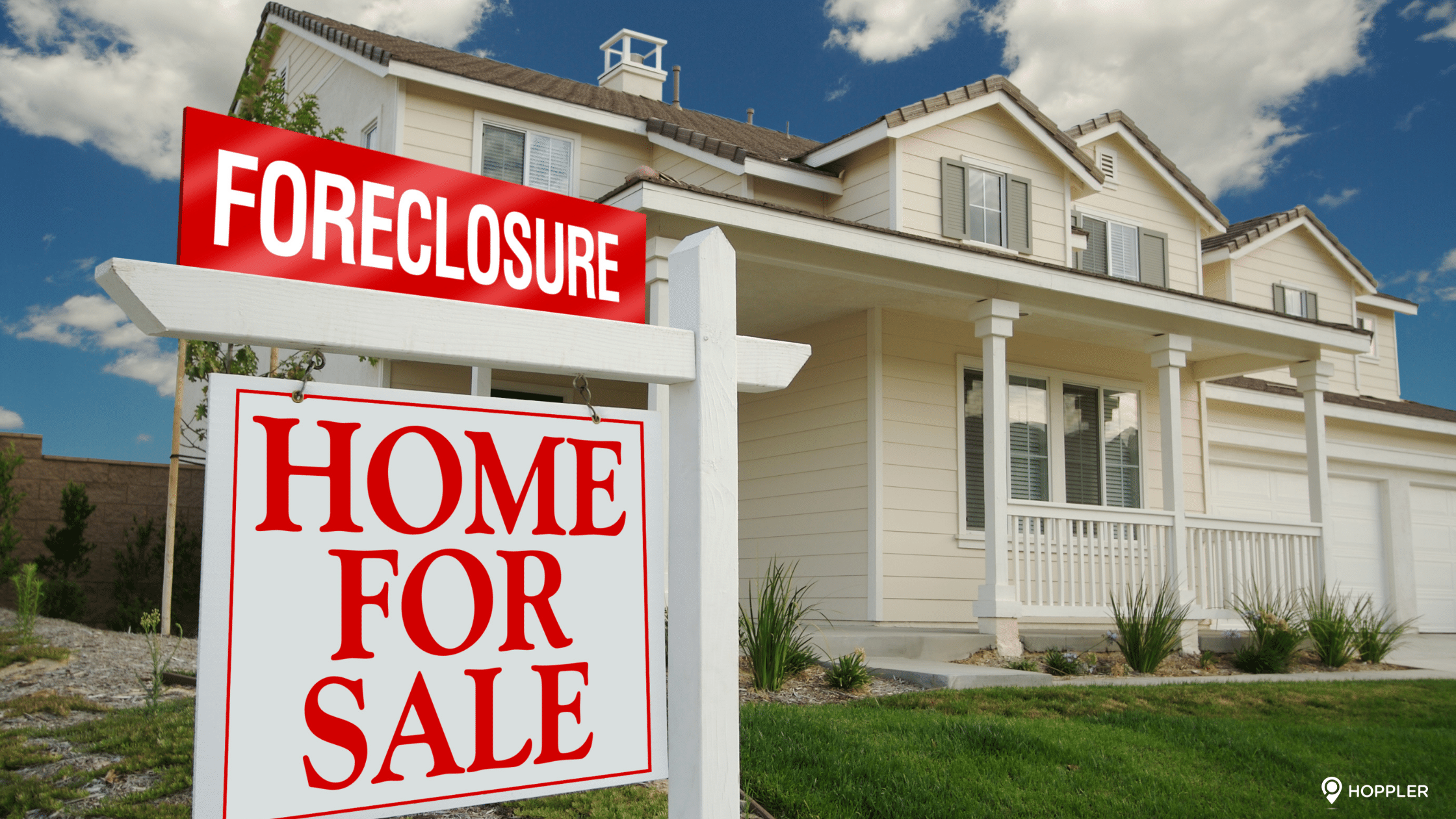8 Scandals and Malpractices of Unethical Real Estate Developers Exposed
The real estate sector is a primary driver of economic growth in the Philippines and driving this industry forward are real estate developers. But just like any other industry, it has cases of malpractice. They happen because of negligence or intentional purposes. The worst case scenario is being scammed by a group of people that work with criminal intentions. These wrongdoers usually target clients with slim to none knowledge about the business process of the real estate industry.
Let’s face it; the main reason of real estate malpractice is the huge amount of cash associated with properties. But if you’re alert and take real estate matters seriously, you won’t end up a victim.
Below are 8 malpractices of Unethical Real Estate Developers that you should watch out for:
-
No Certificate of Registration and License to Sell
It is imperative that you check if the project is registered and has a License to Sell issued by the Housing and Land Use Regulatory Board (HLURB) who regulates land use, housing developments and homeowners associations and the just resolution of disputes. The License to Sell must exactly match the phase or project. If they’re not issued a License to Sell by HLURB, it means that the developer has not complied to numerous requirements which includes suitability of the area for housing and more. Such a case occurred in a housing project in Imus, Cavite wherein only one phase was given the License to Sell while the other phases were not, but their billboard ads showed otherwise. You may also encounter problems on obtaining your Deed of Sale for your property because the developer does not have a license to sell.
To verify if the project is registered and has a License to Sell issued by HLURB, you may use HLURB Online Services.
-
Bogus Contract to Sell details
Verify the Contract to Sell details. If it includes that you’re automatically a member of the homeowners association even though the land where your house is located is still under development, it’s possible that your developer may have done some “tricks” to legalize the homeowners association even though there are still no homeowners on-board. It is illegal under the law for a developer to hold a homeowners association.
-
Breach of Contract
If the developer guaranteed amenities with regards to your property purchase, then that should be in the contract. If it’s not, there’s a possibility they can go unscathed of legal obligations if they’ve chosen not to fulfill their promise. Or worse, they can deceive you by saying that the Homeowners Association Dues are needed to start its construction. It’s a known fact that an amenity is supposed to be free as it is already part of the premium when you bought a house from a developed project.

-
False Promises
When buying a house, don’t get sweet talked by your agent or conned by model houses. It’s better to do thorough research regarding your house’s integrity and the land where your house is going to be built. Cases of bad structural practice and liquefaction dangers are all too familiar. For example a case was filed by new tenants of a subdivision in Bulacan regarding unlawful site digging, causing the foundation of their houses to lose its strength and stiffness in response to the applied stress. As a basis on your research, make sure that the houses and the land at least complies with the National Building Code and Business Standards and United Nation’s Guide for House Construction in the Philippines.
Another all-too-familiar scenario are cases against developers who failed to deliver the unit as scheduled or didn’t complete their projects, despite receiving payments even during the pre-selling phase. This is a result of shady developers that have a knack of luring prospective buyers with very low rates and great incentives including timely turnover dates. HLURB legal officer Mike Denava advised that prospective buyers should oblige their sales agents (even of reputable developers) to show documents pertaining to the project and the developer before giving the downpayment.
-
Unexplained Restrictions
Make sure that they don’t have any policy of prohibiting you to inspect your unit while under construction. You’ll be clueless of your property’s development and left to only inspect and accept your unit when the internal deficiencies have already been covered up. Months ago, an investigative news show exposed a real estate scandal regarding unexplained inspecting restrictions in a Cavite townhouse. Since then, the developers started to be stricter by prohibiting unit owners to inspect their units only twice while under construction. First inspection occurs right after the unit is completed. A second inspection would be required if any issues surfaced during the first inspection that needs fixing. And, if you failed to include some issues in the first inspection that you just discovered in the second inspection, they will no longer listen to your complaints.
-
Undisclosed Hazards
Unfortunately, you cannot expect all the necessary information with your property purchase if you’re dealing with con artists. Information such as flood hazard zones can be withheld just to make a sale. It’s a good thing a site like Nababaha.com is around so you can check if the property you are planning to buy lies within a flood hazard zone.
-
Construction Lapses
Do check if there are construction lapses in comparison with the blueprint. Some developers may con you by making alterations without even informing you. For example, there was a case in Taytay, Rizal where roof frames were not latched securely to the houses structure. As a result, the roofs easily flew away during a typhoon. The tenants have filed appropriate charges against the developer. If you believe there have been alterations, you can seek the expert advice of an architect.
-
Delayed Turnover of Land Title
The importance of land title transfer should not be taken lightly. Remember, this is where you, as a buyer, will start claiming the property as your own. Your proof of ownership is the issuance of a new land title under your name; otherwise, you might be facing technical, legal, and financial problems later on, because of an improper land title transfer or the absence of it.
A complaint was filed against a developer on September 2011 because of delayed turnover of land title. Even when the project was completed, they couldn’t turnover the land title because they couldn’t obtain the occupancy permit from Makati City Hall, or at least that was their excuse. The developer kept postponing and even stopped communicating with the complainant. Only after 18 months was the Deed of Sale handed and all the developer did was apologize for the delay.
The rapid growth rate of the property and construction industry not only offers excellent opportunities for investors, but it also attracts wrongdoers as they get more chances to betray investors, buyers and tenants. Reporting con artists and suspicious schemes helps prevent others from becoming victims. So if you believe you have been the victim of real estate malpractice, you should consult with a qualified malpractice attorney. He or she will evaluate your case to determine whether you have a valid claim and will advise you of your legal options.
Here are agencies to contact when you encounter problems related to these issues:
- Legal Department of Professional Regulatory Commission at (632) 735-1248 for concerns with crooked but licensed real estate pros.
- National Bureau of Investigation’s Anti-Fraud and Action Division at (632) 525-4093 or 524-6395 to report deceitful developers.
Do you know of other malpractices of real estate developers? Feel free to share your thoughts and experience in our comments section below.
Sources: http://www.gmanetwork.com/news
http://www.abs-cbnnews.com



